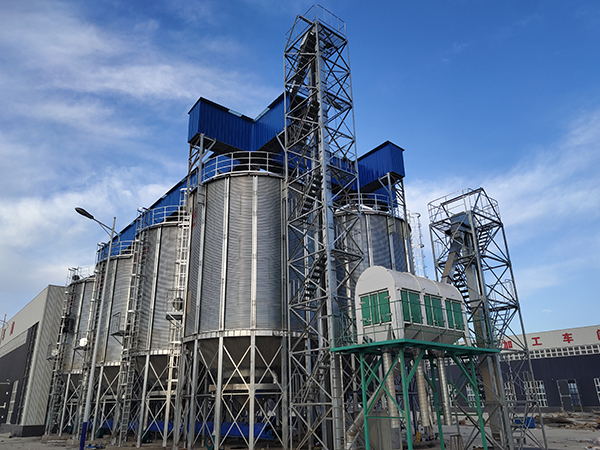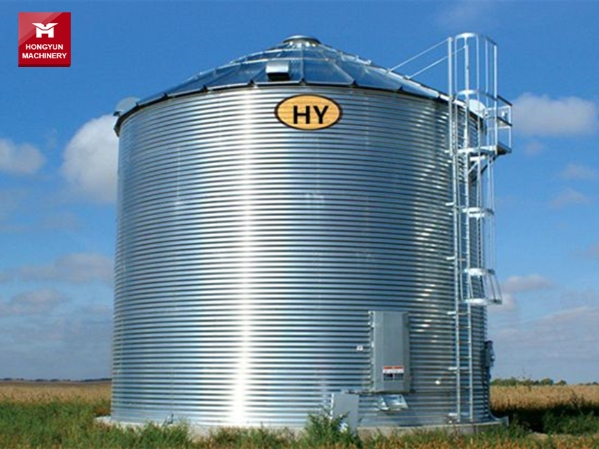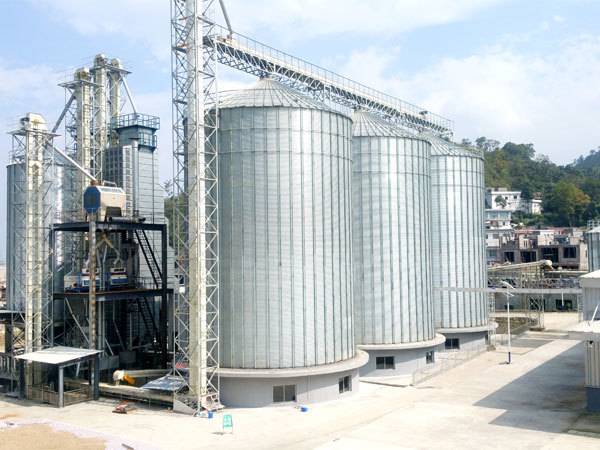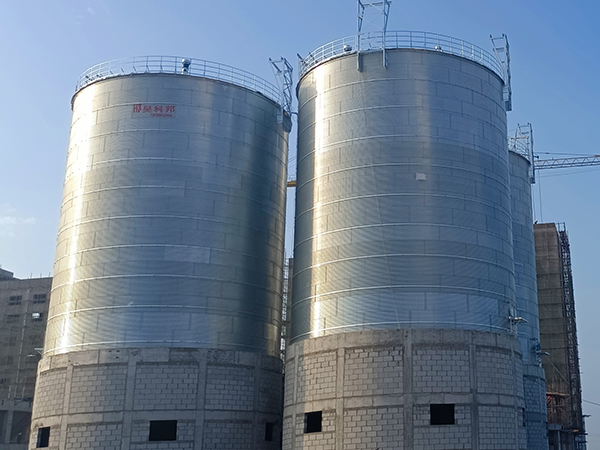Analyzing Feed Silo Sales: Meeting Agricultural Storage Needs
Feed silos play a pivotal role in modern agriculture, offering efficient storage and management solutions for farmers and livestock producers. Understanding the dynamics of feed silo sales is crucial for agricultural enterprises and livestock farmers, directly impacting product quality and production efficiency.
- Barley grain bin company in Tanzania
- rice grain bin factory in Rwanda
- Paddy grain bin supplier in Guinea
- Wheat Cone-Bottom Silo Franchise in Thailand
- Wheat cone bottom silo procurement in Thailand
- Wholesale Wheat Cone-Bottom Silo in Malaysia
- Manufacturers of Wheat Cone-Bottom Silo in Malaysia
- Wheat Cone-Bottomed Silo Suppliers in Uganda
- Cone-Bottom Wheat Silo Sales in Uganda
- Wheat cone bottom silo price in Uganda
- Soybean meal grain bin sale in Guinea
- Corn grain bin price in Libya
Introduction
Feed silos play a pivotal role in modern agriculture, offering efficient storage and management solutions for farmers and livestock producers. Understanding the dynamics of feed silo sales is crucial for agricultural enterprises and livestock farmers, directly impacting product quality and production efficiency.
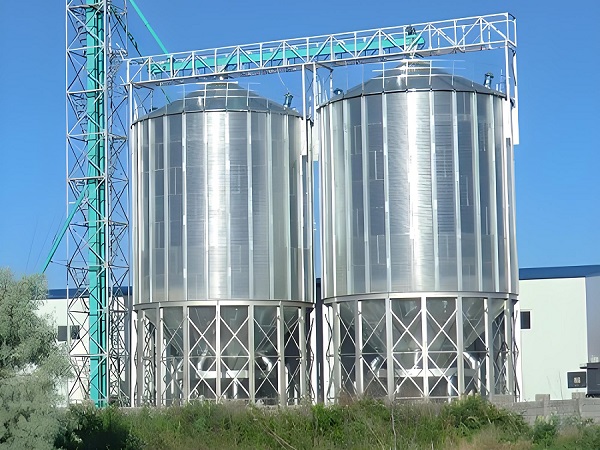
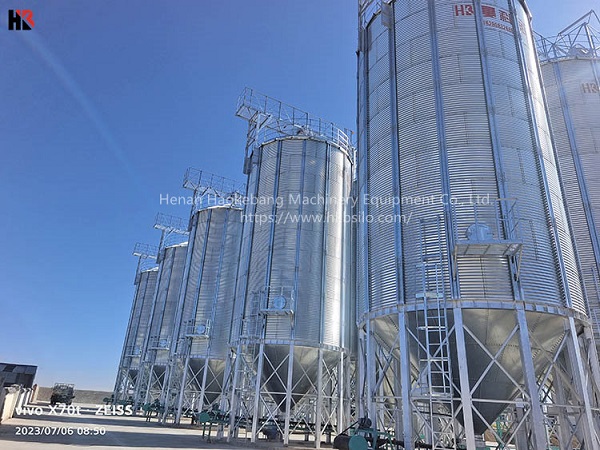
Market Demand Driving Sales Growth
The ever-growing global population and rapid urbanization have led to an expansion in the scale and demand of livestock farming. Consequently, there is a continual increase in the demand for feed silos. Farmers and livestock farms are actively seeking efficient storage solutions to accommodate large feed quantities necessary for meeting animal feeding requirements. This trend has propelled the feed silo sales market, becoming a vital sub-industry within agriculture.
Innovation in Sales Due to Technological Advancements and Customization Demands
Technological progress has brought about constant upgrades and enhancements in feed silo design and functionality. Modern feed silos not only boast exceptional sealing and durability but also feature advanced temperature and humidity monitoring systems ensuring feed quality and freshness. Moreover, increasing customization demands have expanded sales providers’ offerings of personalized feed silo options to meet specific customer requirements.
Diverse Sales Channels and Enhanced Services
Sales channels for feed silos are diversifying and expanding rapidly. In addition to traditional brick-and-mortar store sales, an increasing number of sales providers are embracing online platforms and e-commerce channels, providing customers with convenient and swift purchasing experiences. Furthermore, sales providers are improving pre-sales consultation, after-sales service, and technical support. This ensures that customers receive timely and professional assistance during the purchase and utilization of feed silos.
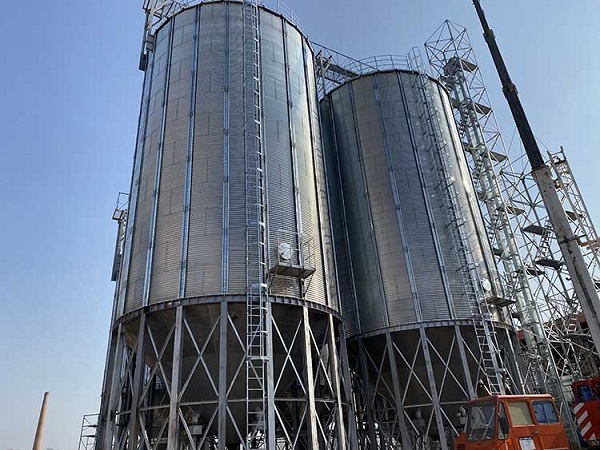
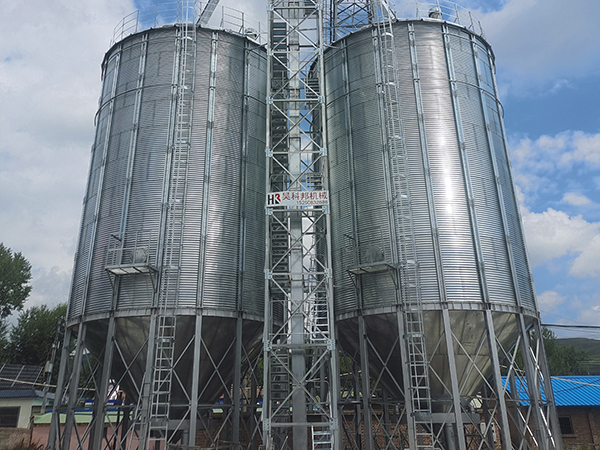
Building Customer Relationships and Brand Promotion
Feed silo sales success hinges on product quality, performance, and fostering strong sales-provider-customer relationships. Additionally, cultivating a favorable brand image is crucial for success in this market. By fostering close partnerships with customers, understanding their needs, and delivering tailored solutions, sales providers can bolster customer trust and loyalty. Active participation in industry events and promotions boosts brand visibility, leading to better sales performance and market share.
Conclusion
Feed silo sales, vital to agriculture, are influenced by market demand, technological innovation, sales channels, and customer relationships. Sales providers must be proactive in seizing market opportunities and continuously improving product quality and service standards. By doing so, they can effectively meet the evolving needs of farmers and livestock farms, providing better support and assurance for agricultural production.

